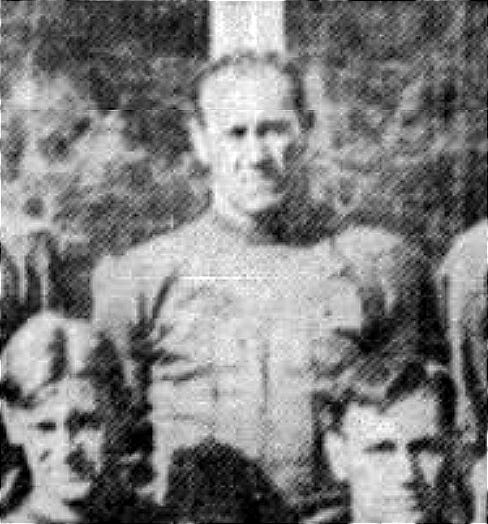Leo Murphy's fatal football injury in 1930
The Pitt Panthers attended the funeral of Murphy, who was born in Ohio but attended prep school locally.
Leo Murphy and Joe Donchess had been “inseparable buddies,” according to reports.
It makes sense, given that they were born and raised in the same Ohio town, educated at the same boarding school and then matriculated to the same college.
While Donchess lived a long and distinguished life in and out of football, however, Murphy’s was cut tragically short because of an injury suffered during practice.
Murphy was born Oct. 17, 1905, in Youngstown, Ohio, and attended Wyoming Seminary in Kingston, Luzerne County.
He’d been preparing to take up dentistry while studying at the University of Pittsburgh. He was on the freshman football team in 1928 and was described as a more-than-able backup halfback for the varsity in 1929, the same year Donchess was selected an All-American end.
During spring practice in April 1930, Murphy collided with a teammate on what seemed to be an ordinary play. But he went down hard and was rushed to the hospital where X-rays showed a pair of fractured vertebrae — or a broken neck.
Murphy was suddenly fighting for his life with the best-case scenario being permanently paralyzed.
Murphy never recovered.
He was intermittently conscious for a few days before succumbing to his injuries. Thirteen football-playing deaths were reported in 1930; Murphy is not on the list, likely because his fatal injury happened in the preseason.
Murphy died April 30, 1930, surrounded by family and friends, including Donchess and Pitt head football coach Jock Sutherland. He was 24.
Murphy’s final rites were held May 3, 1930, in Youngstown. The entire Pitt football team left Pittsburgh that morning by chartered bus with Donchess and Pitt quarterback Eddie Baker serving among the pallbearers.
Following Murphy’s death, the Pitt Weekly student newspaper published a letter written by a friend who described him as someone “loved by his friends, admired by his foes.”
“I played opposite him on the basketball court several times in 1927 and found he was a real sport as well as a fine athlete,” the author wrote. “A courageous athlete, good friend, lover of mankind. That was Leo Murphy.”





